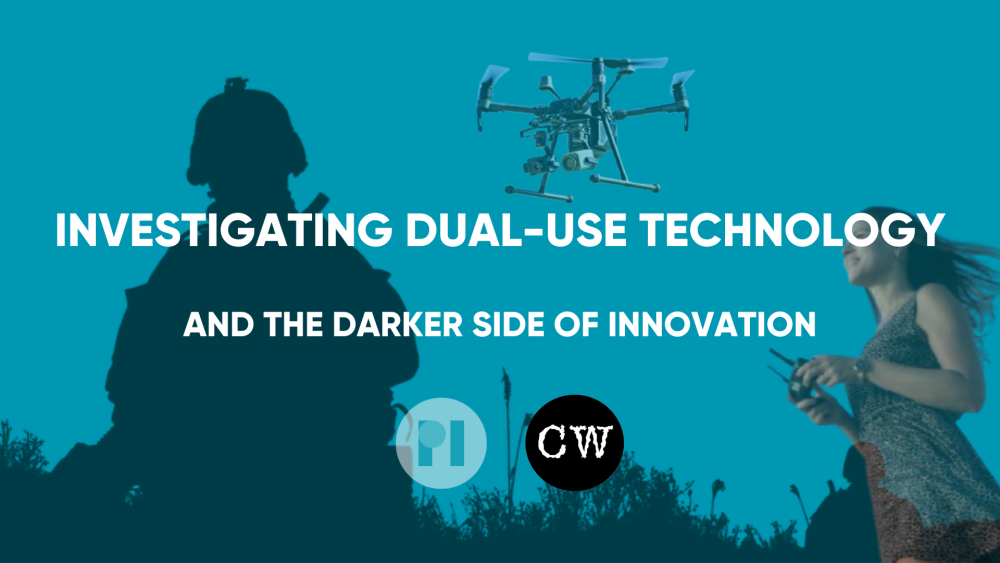
"We are living through a moment of profound transformation as military imperatives and corporate interests are no longer separate threads in the fabric of technological innovation. Instead they are inseparably interwoven. Innovation is increasingly framed not as a response to a concrete human need, but in terms of strategic advantage, deterrence, and national security. States and corporations alike are turning to technology which blurs the line between civilian life and military power to advance foreign policy agendas and to assert geopolitical dominance."
"Tools and technologies developed for everyday convenience commerce and that can just as easily serve surveillance, repression or warfare. Or military technologies that can also be used in civilian applications. Technologies such as drones, satellites, cloud computing, and various artificial intelligence solutions, are sold to public as solutions that serve productivity, connection and mobility but these very same technologies are being developed, purchased, refined and deployed by military forces around the globe."
Military imperatives and corporate interests have become inseparably interwoven within technological innovation. Innovation is often framed in terms of strategic advantage, deterrence, and national security rather than as responses to concrete human needs. States and corporations adopt technologies that blur civilian and military boundaries to advance foreign policy and geopolitical dominance. Dual-use items can serve everyday convenience while enabling surveillance, repression, or warfare. Examples include drones, satellites, cloud computing, and artificial intelligence marketed for productivity while also being developed and deployed by military forces. Data, connectivity, and smart-city systems can enable targeting and over-policing. Companies range from household names to obscure contractors, with some cultivating reputations as innovation drivers.
Read at privacyinternational.org
Unable to calculate read time
Collection
[
|
...
]